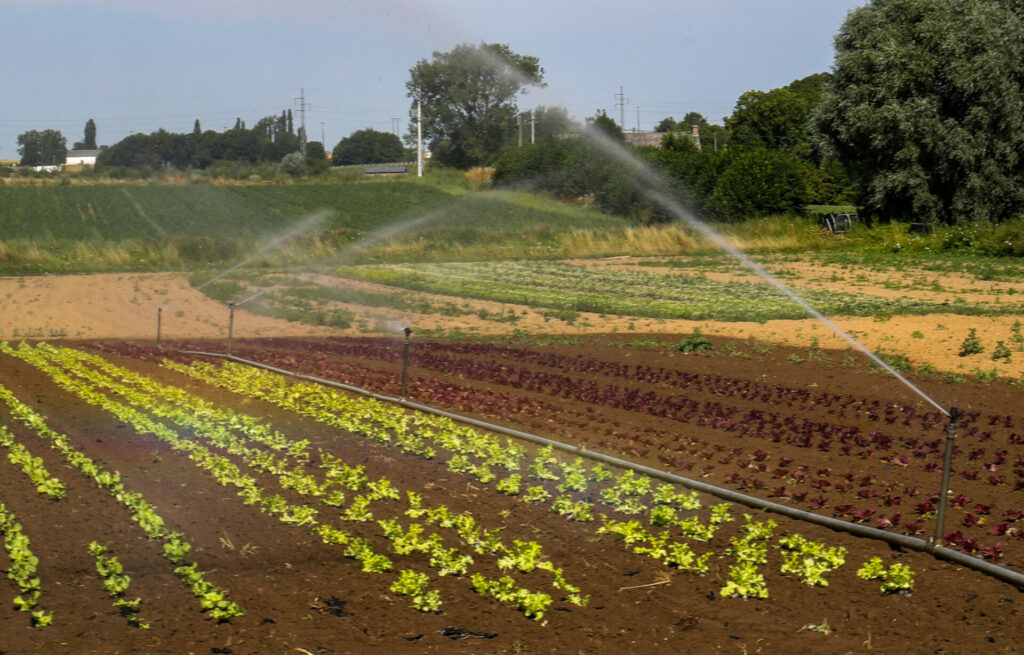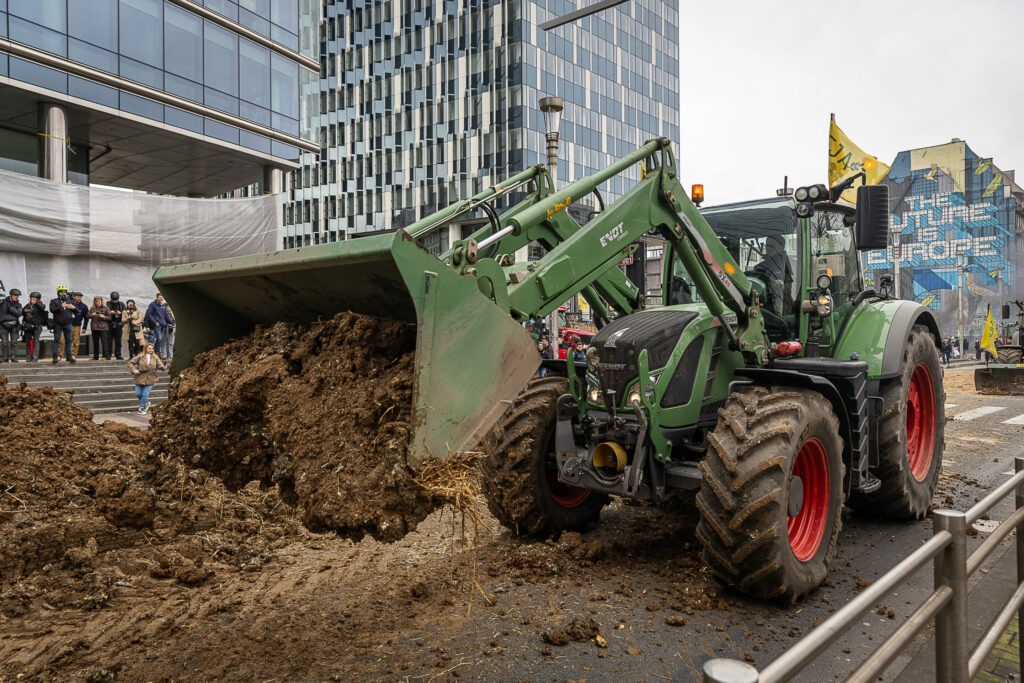EU Member States expressed support for several relaxations in environmental conditions in the EU's Common Agricultural Policy (CAP) during the Special Committee on Agriculture on Tuesday. The relaxations include exempting small-scale farmers from certain checks and fines.
Representatives of the 27 Member States endorsed the adjustments proposed by the European Commission earlier this month to meet farmers' demand for administrative relief. The proposals will now be forwarded to the European Parliament, where they will be approved via a fast-track procedure by the end of April. They should be in force "by the end of spring".
Member States backed relaxations for three of the nine Good Agricultural and Environmental Conditions (known as GAECs) which farmers must respect to receive subsidies. The obligation to leave 4% of arable land fallow (GAEC 8) will be replaced by a financial incentive for farmers who voluntarily decide to set aside part of their arable land or plant, for example, hedges or trees.
More flexibility, fewer controls
Additionally, Member States want more flexibility in crop rotation on agricultural land (GAEC 7). This will remain the main practice but farmers will also be able to opt for "diversification" of crops. Finally, the minimum land cover requirements (GAEC 6) will be relaxed to allow greater choice as to which soils are protected in which seasons.
Moreover, all farms of less than ten hectares will be exempted from checks and penalties under these basic conditions – representing 65% of beneficiaries but covering only 9.6% of the area receiving support.
Member States will also have the option to adjust their national agricultural plans twice a year (instead of once) and temporarily derogate from certain conditions in case of unforeseen climatic conditions.

A water sprinkling system on a salad field at a farm in Velaine-sur-Sambre, Wallonia. Credit: Belga / Virginie Lefour
"We listened to farmers and took swift action to address their concerns," said Belgium's Federal Agriculture Minister David Clarinval (MR). He added that the package strikes "the right balance" between reducing administrative burdens and providing more flexibility for farmers and Member States while maintaining a "high level of environmental ambition."
However environmental groups have criticised the watering-down of climate protections. The Cambridge Institute for Sustainability Leadership warned that going back on the Nature Restoration Law would be a "strategic mistake" that would threaten Europe's environmental health and impact economic stability.
Clarinval is also chairing a meeting of agriculture ministers on Tuesday on behalf of the Belgian EU presidency, where other measures such as the creation of a price observatory for the agri-food chain will be discussed.
Related News
- Farmer protests: EU postpones tougher regulations to appease anger
- Farmer protests: One person arrested, two police officers hospitalised
- Farmer protests: Major traffic disruptions in Brussels tomorrow for third time this year
Member States had previously approved some short-term measures to provide some relief to farmers, such as suspending the requirement to leave some arable land fallow. This has now also been implemented in Flanders, Flemish Minister Jo Brouns (CD&V) stated. Farmers can meet the obligation this year by filling in 4% of their arable land entirely with catch crops.
Despite these concessions, farmers are again protesting in Brussels on Tuesday. They continue to oppose free trade agreements, primarily the talks with South American countries Argentina, Brazil, Paraguay and Uruguay (Mercosur), and keep pushing for more measures against unfair trade practices and legal entrenchment of prices.

